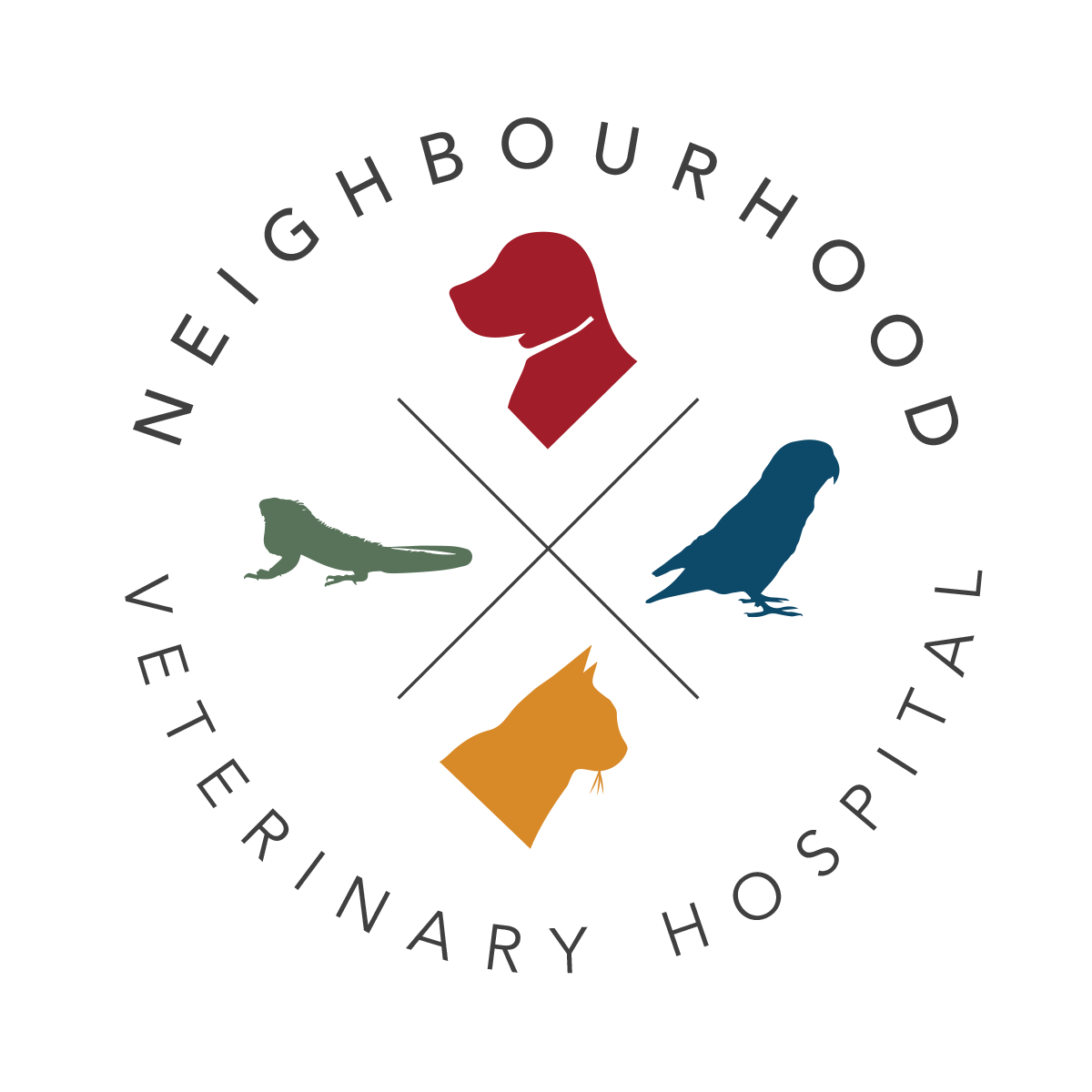Library
-
As with all other animals, birds need a proper balance of carbohydrates, proteins, fat, vitamins, minerals, and water. Lovebirds are vulnerable to vitamin A deficiency, insufficient dietary calcium, egg-binding, and other nutrition-related problems. Seeds are highly palatable and preferred by birds, but nutritionally they are incomplete, lacking vitamins, minerals, and protein. Fruits, vegetables and greens should account for no more than 20-25% of the daily diet. The recommended diet for lovebirds is pelleted food formulated for birds and should ideally represent approximately 75-80% of the bird's diet. Converting seed-eating birds onto a formulated diet is not always easy. Consult your veterinarian if you encounter any problems with this transition or with the health of your bird. In general, a bird that is eating 75-80% of its diet in the form of pelleted food does not need supplements. Lovebirds do not need gravel or grit because they remove the outer hull of the seed before ingesting the kernel.
-
As with all other animals, birds need a proper balance of carbohydrates, proteins, fat, vitamins, minerals, and water. Macaws are vulnerable to high cholesterol, atherosclerosis, stroke, vitamin A deficiency, insufficient dietary calcium, egg-binding, and other nutrition-related problems. Seeds are highly palatable and preferred by birds, but nutritionally they are incomplete, lacking vitamins, minerals, and protein. Fruits, vegetables, and greens should account for no more than 20-25% of the daily diet. Pellets are the ideal diet and should ideally represent approximately 75-80% of the bird's diet. Converting seed-eating birds onto a formulated diet is not always easy. Consult your veterinarian if you encounter any problems with this transition or with the health of your bird. In general, a bird that is eating 75-80% of its diet in the form of pelleted food does not need supplements. Macaws do not need gravel or grit because they remove the outer hull of the seed before ingesting the kernel.
-
Mynah birds eat a variety of foods and have relatively short digestive tracts when compared with other parrots. Mynah birds are not seed-eaters in the wild and are omnivorous. Provide your mynah bird with bite-sized pieces of food. Mynah birds are very sensitive to iron levels in their food; therefore, they must be offered pelleted food that is low in iron and certain fruits and vegetables must fed sparingly or not at all. Mynah birds may occasionally enjoy pinky mice or insects such as mealworms, wax worms, crickets and other insects Mynah birds do not require grit or gravel for proper digestion.
-
All snakes are carnivores. Some eat warm-blooded prey (rodents, rabbits, birds), while others eat insects, amphibians, eggs, other reptiles, fish, earthworms, or slugs. Live prey should not be fed to snakes. Snakes can be offered thawed, previously frozen prey, or freshly killed prey. Smaller or younger snakes usually eat twice each week, while larger, more mature snakes typically eat once every week or two.
-
Our knowledge of bird nutrition is constantly evolving. This is due both to heightened awareness of the importance of nutrition and to increased research into birds different needs. As with all other animals, birds need a proper balance of carbohydrates, proteins, fat, vitamins, minerals and water. Different species of birds often require different foods.
-
Our knowledge of bird nutrition is constantly evolving. This is due both to heightened awareness of the importance of nutrition and to increased research. As with all other animals, birds need a proper balance of carbohydrates, proteins, fat, vitamins, minerals and water.
-
Our knowledge of bird nutrition is constantly evolving. This is due both to heightened awareness of the importance of nutrition and to increased research into birds different needs. As with all other animals, birds need a proper balance of carbohydrates, proteins, fat, vitamins, minerals and water. Different species of birds often require different foods.
-
Senior cats should be assessed by a veterinarian at least every six months. A nutritional assessment can help the veterinarian identify changing energy or nutrient requirements, which may warrant a diet change. Senior diets vary widely in nutrient profiles as there are no established standards. It remains vital that older cats stay well hydrated. Recommendations for senior cat diets need to be based on regular evaluations and discussion between veterinarian and owner.
-
Senior dogs should be assessed by a veterinarian at least every six months. A nutritional assessment can help the veterinarian identify changing energy or nutrient requirements, which may warrant a diet change. Senior diets vary widely in nutrient profiles as there are no established standards. It remains vital that older dogs stay well hydrated. Recommendations for senior dog diets need to be based on regular evaluations and discussion between veterinarian and owner.
-
Interactive feeders that require a pet to think and work for their food call upon the natural instinct to hunt or forage. Besides being fun, these food puzzles may help both physical and behavioral problems in cats and dogs. When used correctly, interactive feeders may benefit pets that eat too quickly, become bored when alone, or suffer from separation anxiety.

